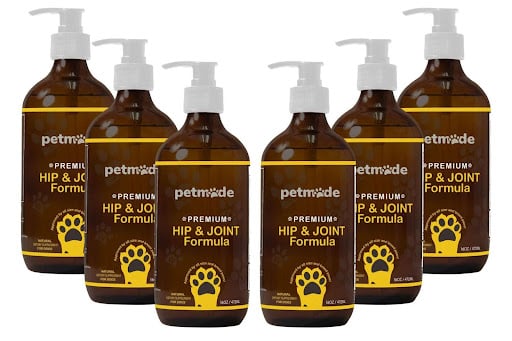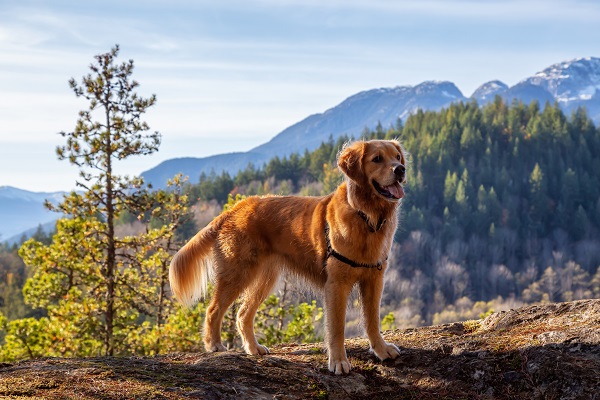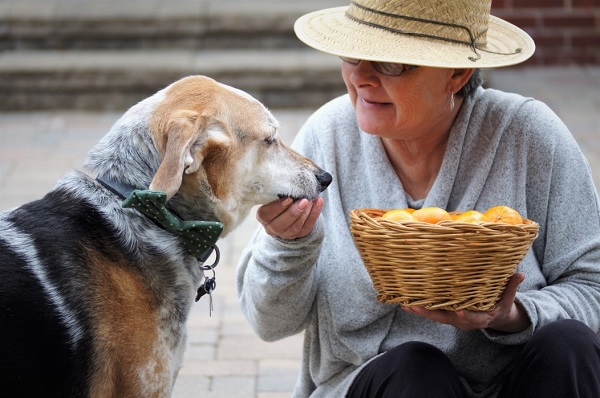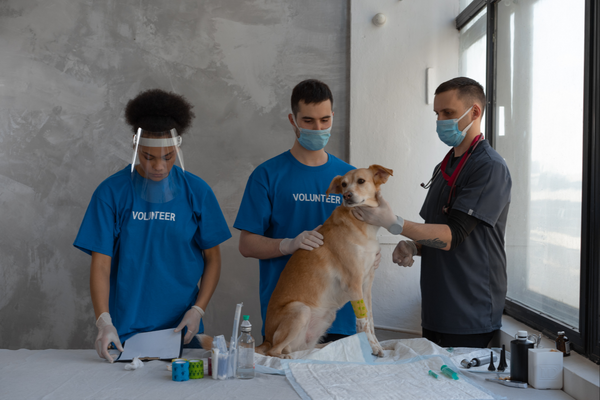If you are thinking about adding a new canine companion to your household, you might have your eyes on an adorable and playful puppy.
However, before you make your decision, you should also consider the option of adopting a senior dog instead. Senior dogs are usually older than 7 years, and they often have a hard time finding a forever home in shelters and rescues. Many people overlook them in favor of younger dogs, but they are missing out on a wonderful opportunity.
Senior dogs have many advantages over puppies, and they can enrich your life in many ways. In this blog post, we will explore some of the benefits of adopting a senior dog, such as their personality, trainability, and gratitude. We will also give you some tips on how to care for a senior dog and help them live a happy and healthy life with you.
What is a senior dog?
A senior dog is generally considered to be any dog that has reached the age of 7 years or older, although this may vary depending on the breed and size of the dog. For example, larger breeds tend to age faster than smaller breeds, and may be considered senior at 5 or 6 years of age.
As dogs age, they may experience some changes in their physical and mental health, such as reduced mobility, vision, hearing, and cognitive function. These changes may affect their ability to perform certain activities, such as running, jumping, playing, or learning new things.
However, this does not mean that they cannot enjoy a good quality of life with proper care and attention. Senior dogs can still be happy, active, and loving companions, as long as they receive the appropriate nutrition, exercise, health care, and stimulation.
Why adopt a senior dog?
There are many advantages of adopting a senior dog over a puppy or a younger dog. Here are some of them:
- You know what you are getting. Senior dogs have already developed their personality, temperament, and behavior. You can easily find out if they are compatible with your lifestyle, family, and other pets. You don’t have to worry about any surprises or unwanted habits that may arise with a puppy or a younger dog.
- They are easier to train. Senior dogs are usually already housebroken, crate trained, and know basic commands. They are also more calm and focused than puppies or younger dogs, which makes them easier to teach new tricks or skills. They are eager to please and learn from you, as long as you are patient and positive with them.
- They are less demanding. Senior dogs do not require as much exercise, stimulation, and supervision as puppies or younger dogs. They are happy to take a short walk, play with a toy, or cuddle with you on the couch. They are also more adaptable and flexible to your schedule and routine, as long as you provide them with enough love and attention.
- They are more grateful. Senior dogs have often been through a lot in their lives, such as being abandoned, abused, or neglected. They may have lost their previous owners, homes, or families. When you adopt a senior dog, you are giving them a second chance at happiness and companionship. They will appreciate every moment they spend with you and show you their gratitude and affection in many ways.
How to care for a senior dog?
Adopting a senior dog is a rewarding and fulfilling experience, but it also comes with some responsibilities and challenges. You need to provide your senior dog with the best care possible to ensure their well-being and comfort. Here are some tips on how to care for a senior dog:
Visit the vet regularly
Senior dogs need more frequent check-ups than younger dogs, at least once or twice a year. Your vet can monitor your senior dog’s health, detect any signs of illness or disease, and recommend any treatments or preventive measures. You should also keep your senior dog up to date on their vaccinations, parasite control, and dental care.
Feed them a balanced and nutritious diet
Senior dogs have different nutritional needs than younger dogs. They may need fewer calories, more protein, and more fiber. They may also have some dietary restrictions or sensitivities due to their age or health conditions. You should consult your vet about the best type and amount of food to feed your senior dog, and avoid giving them any human food or table scraps that may harm them.
Supplement their diet with Petmade Hip and Joint Formula
One of the most common issues that affect senior dogs is joint pain and stiffness. This can limit their mobility, activity, and quality of life. To help your senior dog maintain healthy joints and flexibility, you should supplement their diet with Petmade Hip and Joint Formula. This is a natural and effective product that contains 20 premium quality ingredients, such as green-lipped mussel, glucosamine, chondroitin, MSM, vitamin C, and more. These ingredients can reduce inflammation, discomfort, and improve range of motion in your senior dog. Petmade Hip and Joint Formula is veterinarian-approved and easy to administer. Just add a few drops to your senior dog’s food or water, and watch them enjoy playing again.
Provide them with a comfortable and safe environment
Senior dogs may have some difficulties with their vision, hearing, and balance. They may also be more sensitive to temperature, noise, and stress. You should make sure that your senior dog has a cozy and warm place to sleep, preferably with a soft and orthopedic bed. You should also keep their environment clean, quiet, and free of any hazards or obstacles that may cause them to trip or fall. You should also avoid any sudden changes or disruptions in their environment that may confuse or upset them.
Spend quality time with them
Senior dogs need more love and attention than ever. They may feel lonely, bored, or depressed if they are left alone for too long or ignored. You should spend as much time as possible with your senior dog, playing with them, talking to them, petting them, and cuddling with them. You should also engage them in some mental stimulation, such as puzzles, games, or training. This can help them stay alert, happy, and bonded with you.
Conclusion
Adopting a senior dog is one of the best decisions you can make for yourself and your new furry friend. Senior dogs have many benefits, such as being easier to train, less demanding, and more grateful. They also need your care and support, such as regular vet visits, a balanced diet, a comfortable environment, and quality time. By following these tips, you can help your senior dog live a long, healthy, and happy life with you.

 DogExpress
DogExpress



















 in Chandigarh, India.
in Chandigarh, India. 
